A Bit of a Summer Reading List

I thought it'd be nice to put together a quick summer reading list. Whether you’re lounging on a beach, by a local lake, or just relaxing in your backyard, hopefully, there's something of interest here. This is not an exhaustive list, just some books I’ve enjoyed in recent years.
You'll notice most of these books are not directly related to the process of investing or personal finance – and that's deliberate!
None of these books will transform your life or investments in isolation. But all of them bring something to the table. Being a good investor is about more than being able to read a P&L statement or spending hours researching – it's more about mindset, risk management, and understanding market mechanics.
There are no affiliate links here. I'd love it if you supported an independent bookseller or utilized your local library (that's your tax dollars at work, you should use it!).
Fooled by Randomness - Nassim Nicholas Taleb
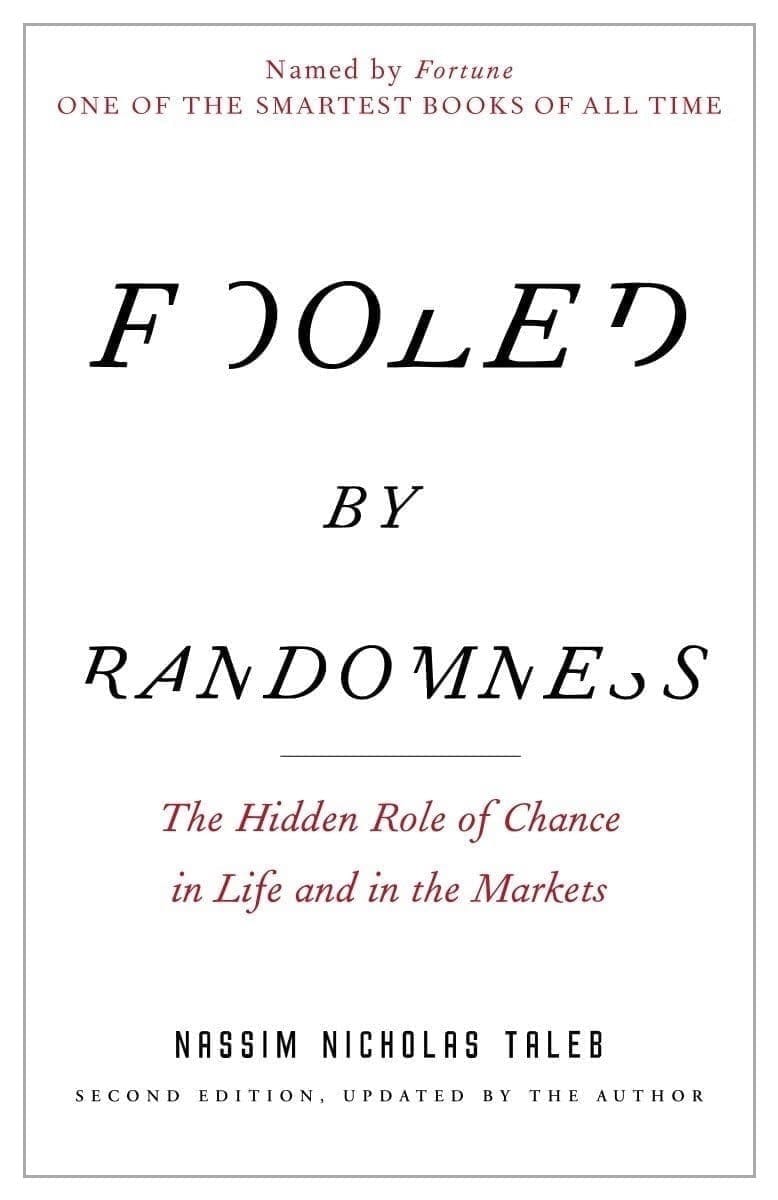
Look, Taleb is a bit controversial. But that's also one of the reasons you should read at least one of his books.
His entire series of books is referred to as the Incerto Series. You don't need to read the series, it's a bit heavy, but I recommend reading Fooled by Randomness. Luckily, it works as a standalone volume.
One thing you'll learn from this is a lot of what happens in the markets is random (if it weren't, we could model it). You'll also learn that what you perceive as your skill or outperformance likely isn't that. Another thing I hope you pick up is that being a good risk manager is as important as investment skills (I would argue more so).
Think Again - Adam Grant
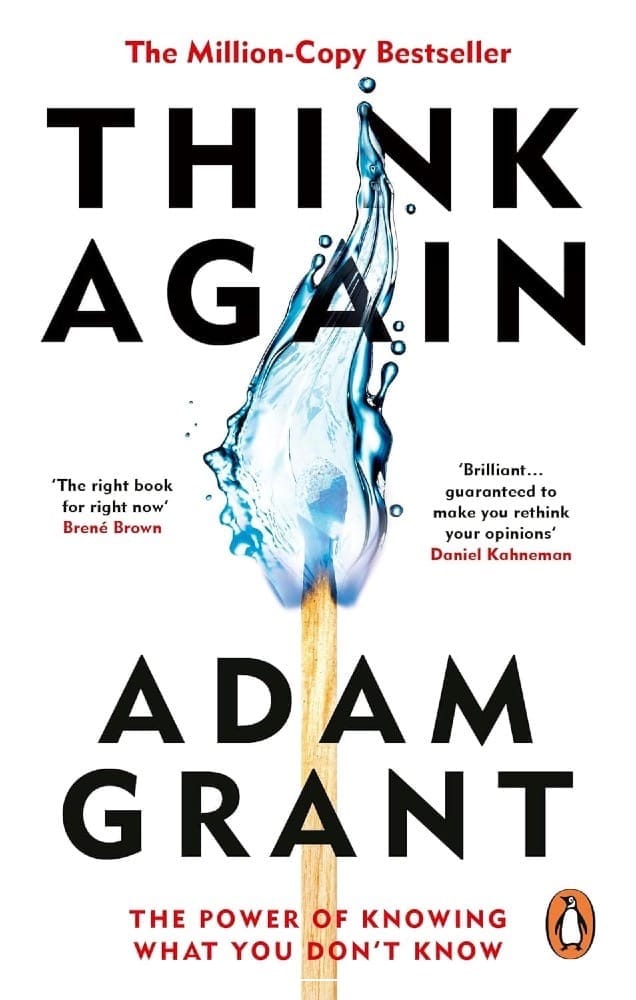
Adam Grant espouses the concept of "re-thinking". Being overly confident, being inflexible in your thinking, and not learning how to embrace being wrong will hurt you. Both as an investor and a human. Adam tries to help you harness your brain as a tool rather than the occasional burden that it is.
Mental flexibility is important in investing. For example, "anchoring bias" often means people irrationally stay dividend investors even after being presented with evidence that it's inefficient in many circumstances.
Learning to embrace being wrong also has applications in when to cut your losses and redeploy capital.
The 4-Hour Workweek - Tim Ferris
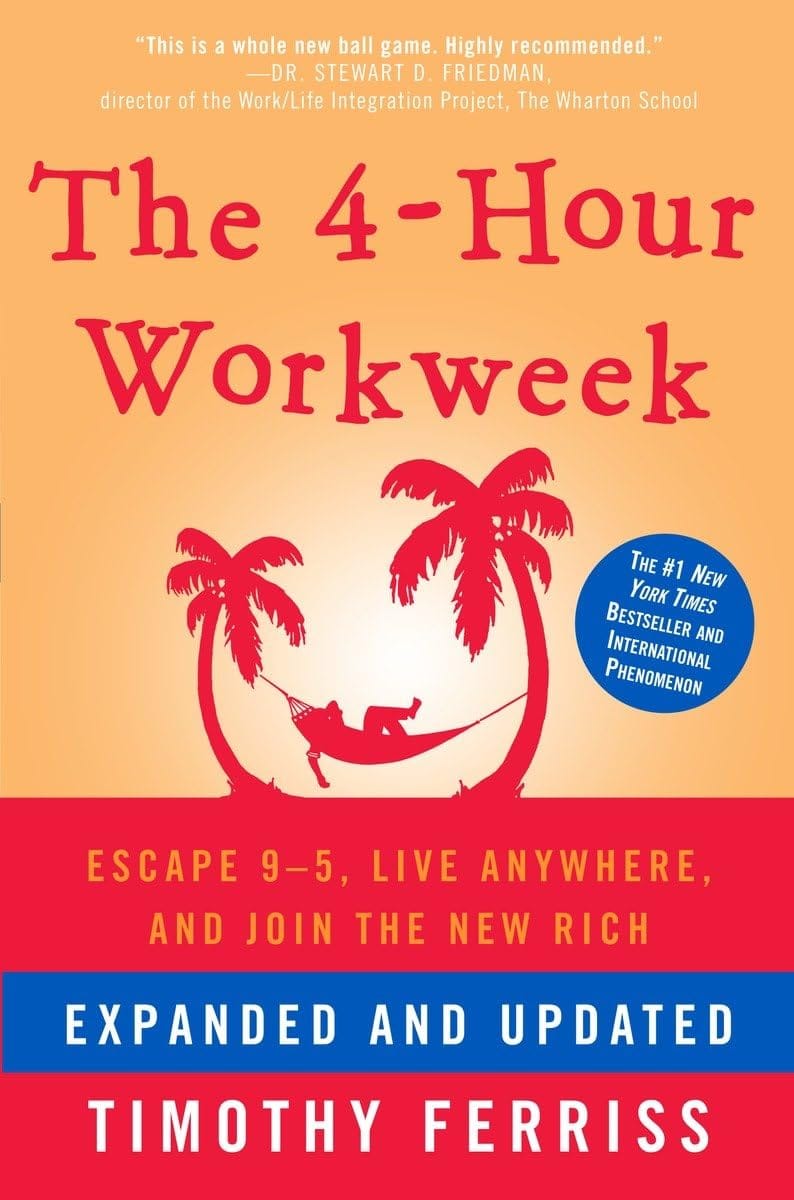
I know Tim has since stated that people shouldn't take the 4-Hour Workweek too literally. I also seem to recall he has some regrets about the title and the way folks interpret it.
This book changed my outlook. It also deeply affected my wife. It was partly responsible for our decision to move to Costa Rica (we didn't, though, you can read about that here). Sometimes you do need to YOLO in life and not defer everything until financially independent or retired.
I very much see it as a tome about living your best life in the moment and today. About being flexible in your approach to life. Having the courage to do big things. It's most definitely not literally about only working four hours a week!
Ikigai: The Japanese Secret to a Long and Happy Life - García, Héctor, Miralles, Francesc
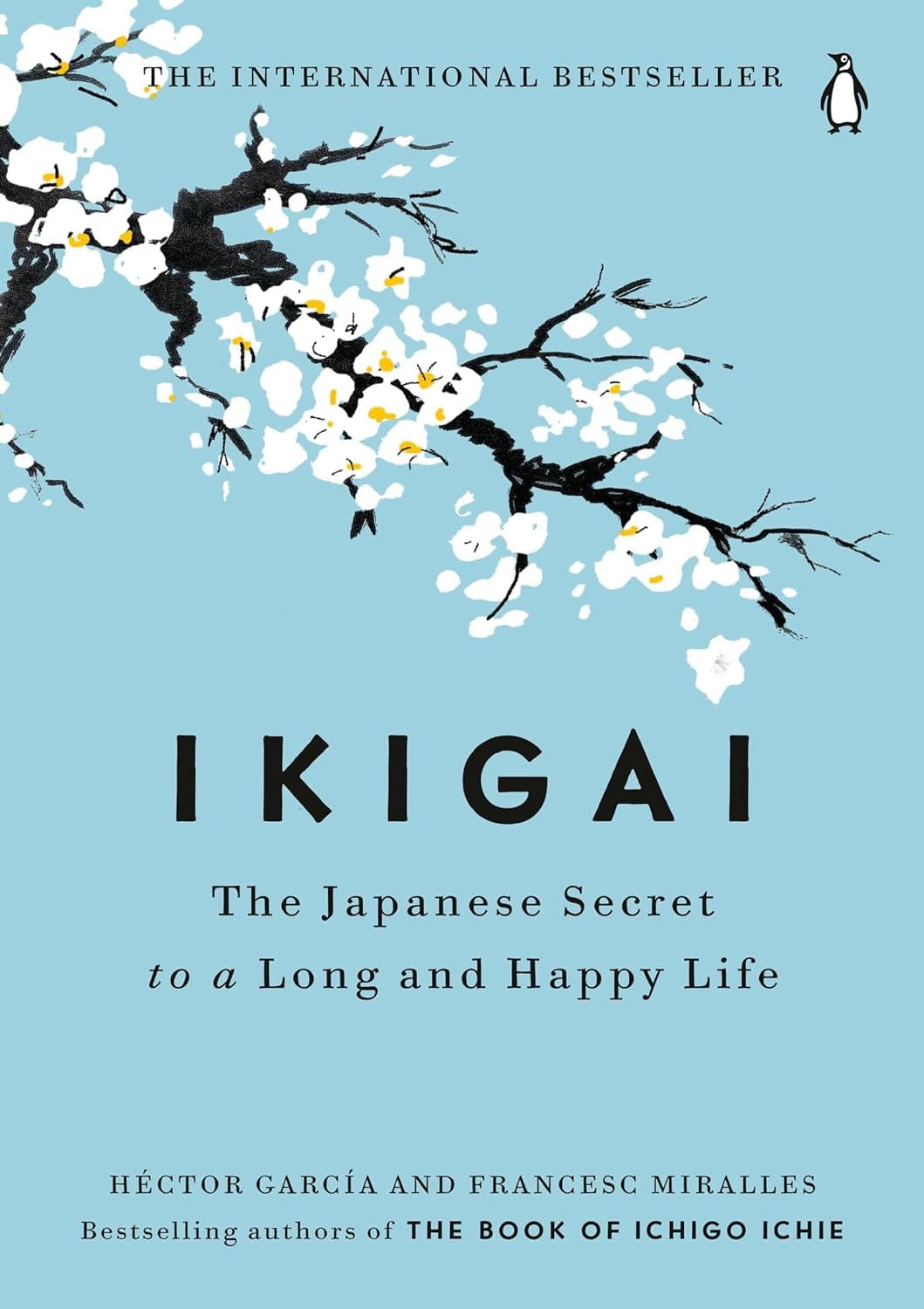
Ikigai explores the intersection of what you love, what you are good at, what the world needs, and what you can be paid for. While I acknowledge that it's aspirational to meet this quadfecta, there are some good teachings in this book.
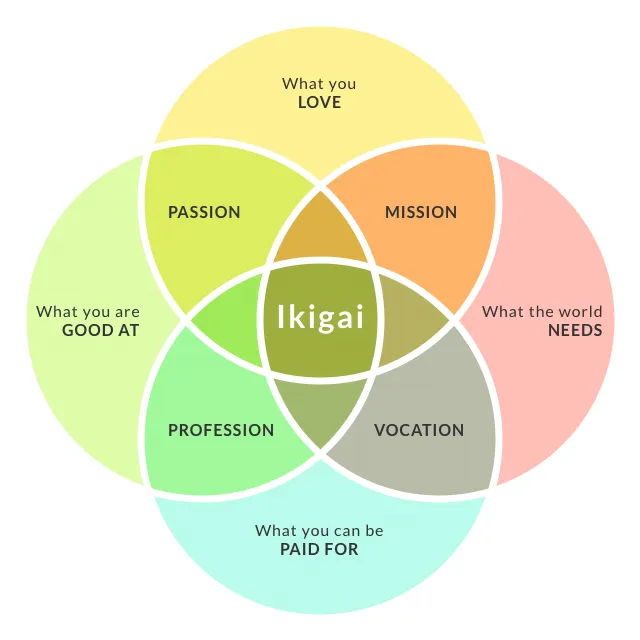
We live in an increasingly busy world, overloaded with information, and one teaching of this book is to do things where you lose track of time. Where you disconnect from the modern world. And consciously be mindful. For me, that's going out into nature every day. Your portfolio will likely have the same outcome whether or not you're there to see it change. If you have a well-designed portfolio, your outcomes are almost preordained - right?
This book also reflects on longevity and happiness. Many of us are investing to have a better retirement, and these are factors that greatly influence that. There's also an emphasis on being resilient in the face of challenges, which are teachings we could all benefit from.
The Psychology of Money - Morgan Housel
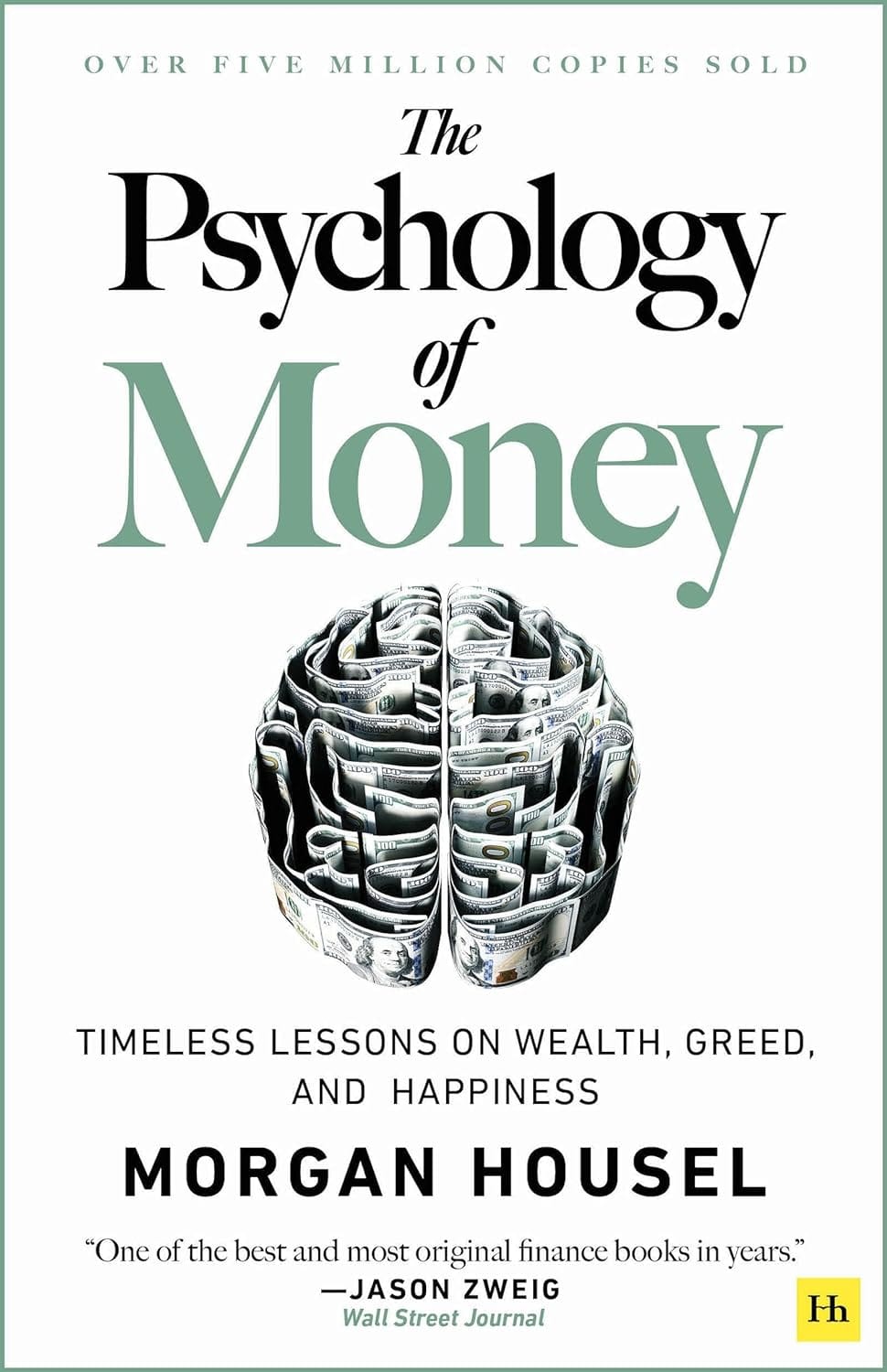
One of Morgan's core teachings is that your behaviour affects your financial outcomes. And often affect your financial outcomes more than your financial knowledge. I very much endorse this and try to teach people that good investing starts with good behaviours – fix your behaviours, including cognitive biases, and you'll automatically become a better investor.
Other things you'll learn about are that, like Taleb, he points out that success is often attributable to good fortune more than skill. The role of time as being your most valuable asset in investing. And that ego and comparison can destroy your financial future.
Another area that I agree with Morgan on is that happiness is not necessarily driven by more money. You should engineer your life to have enough money to fund the things that make you content. Money is a tool and not the goal.
Thinking, Fast and Slow - Daniel Kahneman
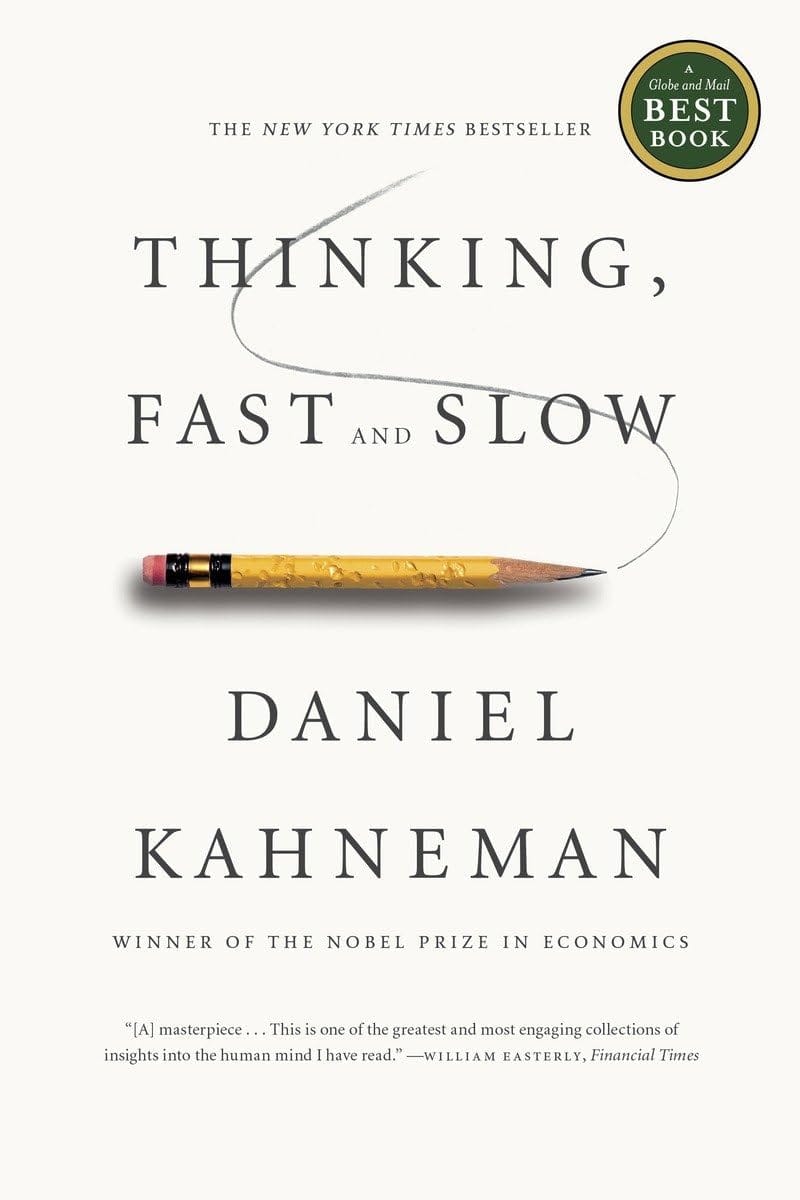
Kahneman is an absolute legend. Nobel Prize winner. He's a cognitive scientist and his work on behavioural biases has many direct applications in investing, personal finance, and just living a better life.
This title focuses on "system 1" and "system 2" thinking. If you know anything about cognitive sciences, that roughly translates into emotional, limbic system reactions and more thoughtful, calculated executive functions. Many investment decisions are far too influenced by emotional, limbic thinking rather than rational, executive function.
Atomic Habits - James Clear
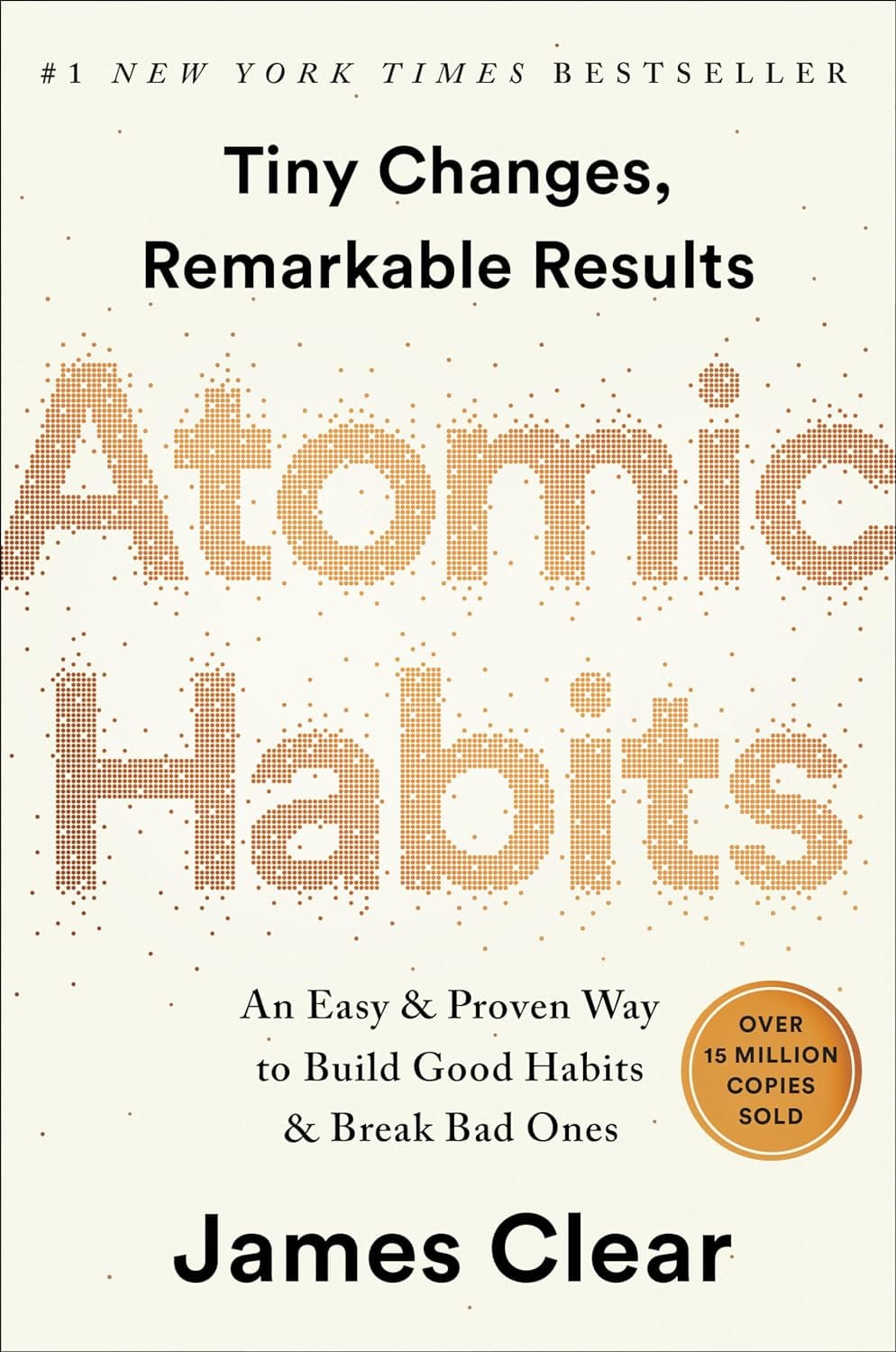
My son wants to be a professional football player. I've recently guided him through some of James Clear's work. James Clear works regularly with professional sports teams.
Clear teaches that systems, not goals, drive success. Goals don't help you achieve anything. You need a system. Starting simple is the best way to build your system.
If you follow me on 𝕏, you might already know I'm a huge fan of all-in-one global asset allocation funds such as BlackRock's $XEQT or Vanguard's $VEQT. They get you massive diversification, indirect access to a basket of currencies to hedge your CAD against, and massively simplify investing at a reasonable cost. Because it's very simple to just buy one fund (although psychologically hard for many), this is undoubtedly a better system for many folks.
Clear also reinforces that we should measure along the way. I observe many folks won't share the performance of their portfolios. Reading between the lines here, I think it's often because many haven't beaten a reasonable benchmark and they subconsciously know that. I'm a big believer in measurement. If you don't measure, how do you know if a) you're any good? b) you are getting better?
Dopamine Nation - Anna Lembke, MD
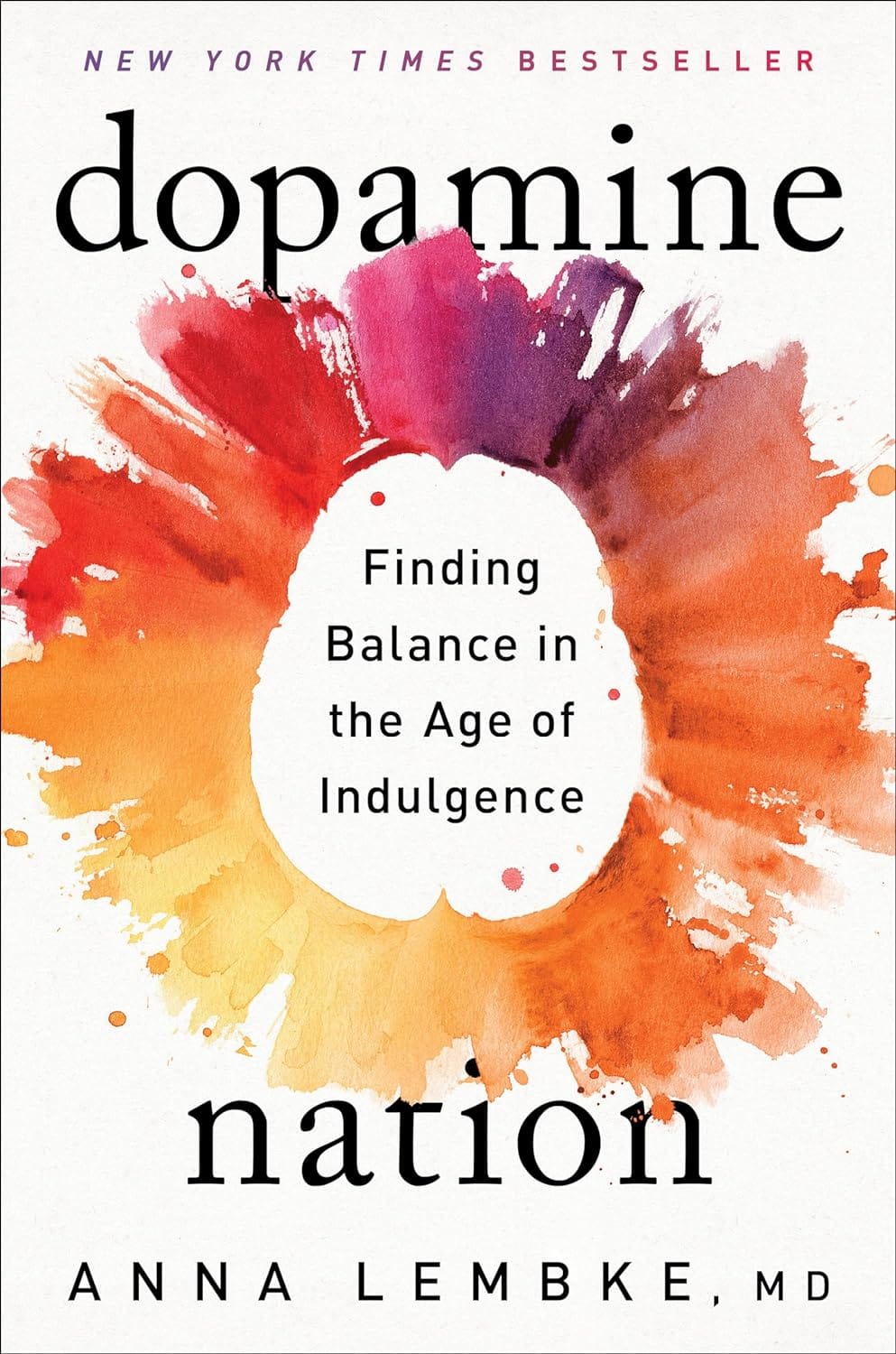
You start investing. You have a few good trades. You feel a rush. Then you can't help yourself anymore. Your dopaminergic system has taken over.
Understanding a bit more about how dopamine affects us all can help you overcome some of the urges it's responsible for. Lembke explains how dopamine affects behaviour, including investment decisions.
Controlling dopaminergic decision-making helps us with long-term outcomes being favourable rather than [perceived] short-term gain. Which is ultimately what investing is all about, right?
Final Thoughts
If you are on 𝕏, I highly recommend following @readswithravi. He puts together some good thoughts on both books to read and how to live a better life.
For those who don't like reading, I found that Masterclass delivered some good, bite-sized information. I got this for my wife for Christmas. We used Masterclass so that my son could learn James Clear and Lewis Hamilton's teachings via bite-sized videos.
Tag me on 𝕏 with any feedback or titles that you're reading this summer that are in a similar vein!
Whilst every effort is made to make sure this information is complete and accurate, it is not advice and you should talk to a professional about your circumstances.

